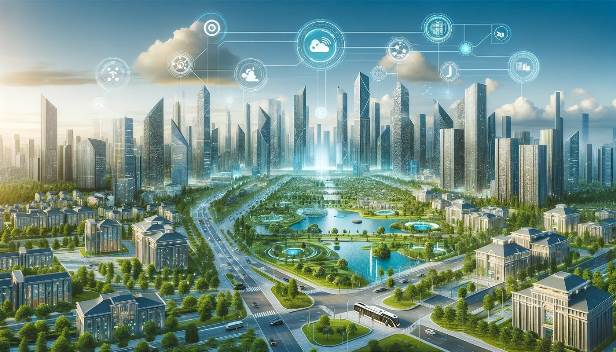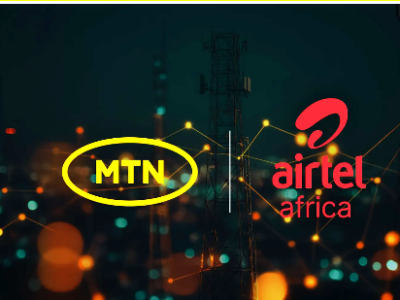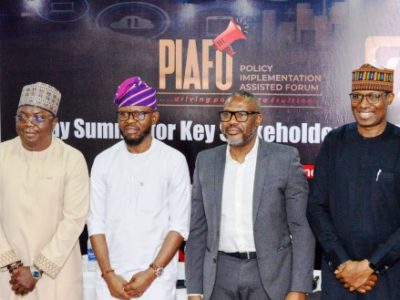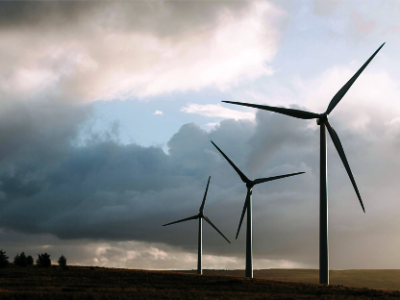By Louise Taute, Managing Director, Westcon-Comstor Southern Africa
As organisations, governments, and communities demand more responsible practices, the IT distribution landscape is transforming to prioritise greener operations, innovative technologies, and community-focused efforts. Looking ahead, here are the key sustainability shifts I foresee will start taking hold in 2025.
RELATED: Trends for 2025: Sustainability and the future of IT Asset Disposition
Sustainability as a Core Business Strategy
Sustainability has evolved into a central pillar of corporate strategy for IT distributors. Beyond reducing environmental impact, it has become integral to ensuring long-term resilience and customer satisfaction. With increasing regulatory pressures and customer demand for responsible business practices, distributors are aligning their operations with global sustainability goals so they can help their partners do the same. At Westcon-Comstor, for example, we have committed to renewable energy transitions globally, integrating solar installations at key locations as part of our broader sustainability goals.
Green Buildings as a Benchmark for Innovation
Green buildings are becoming the new standard in IT distribution facilities, combining environmental responsibility with operational efficiency. Features such as energy-efficient technologies, the use of sustainable materials, and noise and air quality management systems are setting benchmarks for innovation.
If we look at the Westcon-Comstor’s new Southern African office, part of our decision to move to new offices was to improve our environmental impact by moving to a space that allows us to leverage acoustic noise management, low-energy lighting systems, and a significant focus on repurposed materials. These practices will ultimately help us reduce our environmental impact and improve employee well-being and productivity – something I believe more companies will focus on in 2025.
Technology-Enabled Sustainability
Smart technologies are pivotal in enabling greener operations across IT distribution networks. Solutions such as Cisco Meraki’s cloud-managed indoor air quality sensor (MT14) highlight how data-driven approaches can optimise energy use, enhance air quality, and align workplaces with sustainability goals. These technologies ensure that sustainability efforts are both measurable and impactful, allowing distributors to make informed decisions and continuously improve their green credentials.
Circular Economy Practices in IT Distribution
The principles of the circular economy are redefining how IT distributors manage resources and reduce waste. Distributors can minimise their environmental footprint by prioritising the reuse and repurposing of materials. For instance, our new office demonstrates this commitment by reusing 80% of our furniture. Beyond internal operations, circular economy practices are extending into supply chains, with distributors offering recycling and refurbishment programmes to extend the lifecycle of technology products and reduce e-waste.
Employee Engagement in Sustainability Initiatives
Sustainability is becoming more human-centric, with employees playing an active role in green practices. What we are doing to support the efforts of our teams and to foster engagement is to encourage volunteer leave days for community projects, internal sustainability challenges, and educational initiatives highlighting the importance of responsible practices. This approach creates a shared purpose, ensuring that sustainability becomes part of the organisation’s culture and strengthening the commitment to broader environmental goals.
Sustainability as a Competitive Differentiator
As sustainability becomes a priority for customers, transparency in environmental initiatives is emerging as a key differentiator. Distributors demonstrating measurable progress—such as carbon-neutral certifications or green building accolades—will gain a competitive edge. The IT distribution landscape is increasingly favouring organisations that offer sustainable solutions and provide clear evidence of their environmental contributions, positioning them as leaders in a rapidly evolving market.
Renewables Driving Energy Transformation
The IT distribution sector is accelerating its adoption of renewable energy, with solar, wind and other clean energy sources becoming integral to operations. This shift reduces dependency on fossil fuels while lowering operational costs over time. I believe that Westcon-Comstor’s commitment to renewable energy adoption reflects the critical role that distributors play (and can play) in leading this transformation within facilities and across supply chains, influencing partners and customers to adopt greener practices.
Sustainability Metrics as a Standard Measure
Tracking sustainability metrics is becoming essential for IT distributors as they work to align with global sustainability frameworks like the United Nations Sustainable Development Goals (SDGs). By leveraging technology, organisations can monitor and report on energy consumption, emissions, and waste reduction efforts. These metrics not only ensure accountability but also enable benchmarking, allowing distributors to measure their progress and demonstrate their environmental impact to stakeholders.
Sustainability is poised to fundamentally reshape the IT distribution landscape, pushing the boundaries of innovation and redefining corporate responsibility. Distributors that proactively embrace smarter technologies, implement greener operations, and commit fully to circular economy principles will set the benchmark for the industry. By aligning their strategies with evolving environmental priorities, they will secure their relevance in a rapidly changing market and play a pivotal role in shaping a sustainable future for the entire technology ecosystem.
































